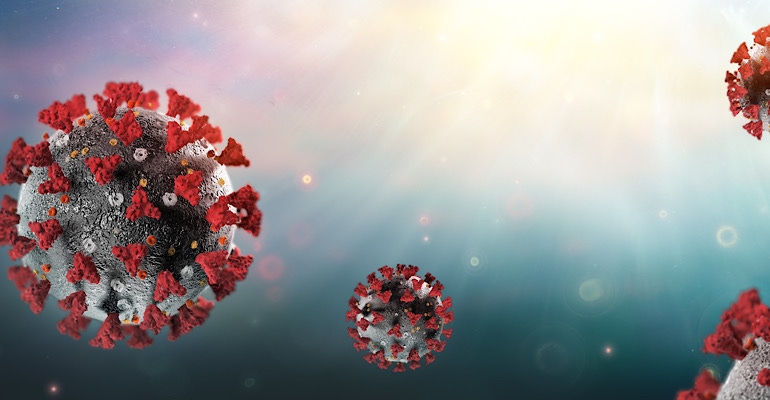LabCorp Targets COVID-19 Vaccine Clinical Trials with Latest Test
The diagnostic comes at a time when some COVID-19 drug trials have been paused.
October 19, 2020

LabCorp is focused on COVID-19 vaccines in clinical trials with its latest diagnostic offering. The Burlington, NC-based company said the Cov2Quant IgG test provides a quantitative measurement of an individual’s SARA-CoV-2 IgG antibodies.
The test is only for use in clinical trials and research. LabCorp said antibodies are an important indicator of the strength of a person’s immune response, which can help determine the effectiveness of vaccines and therapies.
Pharmaceutical companies will be able to use the test to help evaluate the performance of vaccine candidates in clinical trials. While the level of antibodies needed to be considered immune to SARS-CoV-2 is yet to be determined, ongoing vaccine trials and research should help answer this question. The test is also currently being utilized by the Centers for Disease Control and Prevention for SARS-CoV-2 seroprevalence studies to understand the level of antibodies produced through natural exposure and infection with the virus.
LabCorp was able to have greater penetration into the clinical trial market when it acquired Covance in 2014 for $6.1 billion.
“Medical science and technology are the best ways to mitigate COVID-19, and our development of this quantitative assay is an important step in helping to bring effective treatments and vaccines to patients,” Dr. Paul Kirchgraber, CEO of LabCorp’s drug development business unit, Covance, said in a release. “LabCorp’s quantitative antibody test represents a significant advancement by giving scientists and researchers a more precise, detailed picture of the level of immune response. This will aid the scientific community as it works to characterize the immune response to SARS-CoV-2.”
In late July, LabCorp made another significant move with its tests when it won a new indication to test asymptomatic people or those who have no reason to suspect COVID-19 infection. The company also won an indication for pooled testing.
The Unfolding Saga of COVID-19 Diagnostics
The story surrounding COVID-19 diagnostics is changing. At the beginning of the outbreak, the narrative was developing enough tests to detect the virus. Companies then began developing antibody diagnostics.
Now companies and labs are developing more specific and sophisticated diagnostics. It could be argued that Siemens Healthineers led the charge when it was awarded emergency use authorization for an antibody test to estimate the number of a patient’s antibodies produced against infection with the virus that causes COVID-19.
A short time later, the Erlangen, Germany- based company teamed up with the Centers for Disease Control and Prevention along with the Joint Research Centre (JRC) of the European Commission to standardize the tests.
Right now, antibody tests differ among test manufacturers and currently cannot be analytically compared because they target different SARS-CoV-2 proteins. If the collaboration solves this issue it will be a significant part of the COVID-19 diagnostic story.
Halted Vaccine Clinical Trials
Clinical trials surrounding potential COVID-19 vaccines and therapies have run into some turbulence. Recently, Eli Lily AstraZeneca, Johnson & Johnson’s Janssen paused trials while in phase 3.
Indianapolis, IN-based Eli Lily halted its antibody treatment study because of recommendations from an independent data safety monitoring board.
Janssen pumped the brakes on its vaccine trial because of an “unexplained illness” in one of the patients.
CNN reported Cambridge, UK-based AstraZeneca trial paused once in July and again in September because of illnesses.
About the Author(s)
You May Also Like



.png?width=300&auto=webp&quality=80&disable=upscale)
